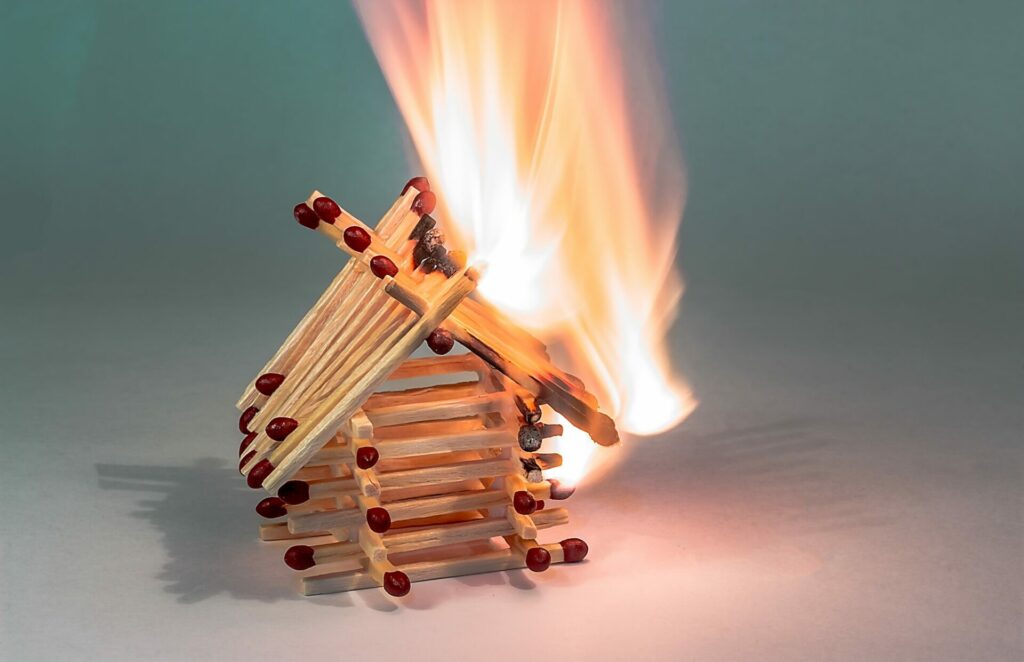Should we lower, turn off or leave the heating at the same temperature in our homes when we’re not there? According to Francesco Contino, a Professor at the UCLouvain Polytechnic School and energy specialist, the basic principle is not to heat your house when you are not at home.
"It's sometimes a little weird and it's against the habit of some heating engineers who have a very conservative view of things," Professor Contino told RTBF, "but there is no reason to heat your home when you are not there."
He recommends "suffering a little cold", when you return home or wake up, waiting for the temperature to rise or programming your thermostat.
"We see that many people do not know how their room thermostat works," explained Professor Contino. The thermostat is often used to maintain a comfortable temperature in the home. Heating engineers sometimes advise to program the thermostat to the desired temperature.
However, more and more thermostats are adjustable according to time slots and days of the week. Once programmed, this can be used to regulating the temperature of the home when you are away.
To save energy, it will always be better to turn off your heating in your absence. However, depending on the dwelling, keeping a minimum temperature is advisable.
Insulation and risk of humidity
"If the house is very poorly insulated, there is a risk of it falling relatively quickly under a temperature that can lead to a whole series of problems," explained Professor Contino. Some appliances and equipment in the house may not withstand too low a temperature.
The risk of humidity in the home must also be taken into account. "I would say try to maintain a base temperature of 14 or 15 degrees. It's reasonable," he said, adding that "going down to 12 degrees is not a major concern."
Related News
In summary, therefore, programming a temperature between 12 and 15 degrees is ideal in the case of case of absence, or even at night.
However, it is a common fear among people that if the temperature drops too low in a home, the heating system will have to run at full power to warm the house.
Power and energy confusion
"It doesn't matter," Professor Contino said. According to him, "the boiler can run at full steam for a while. It will just use the same amount of energy that will have been used if you had left the heating on in your absence."
To fear that a heating system will have to run on full power to heat a home is to confuse the two concepts of power and energy, the professor added.
"Power is the intensity with which we will warm up," he explained. "And indeed, the more we have let the temperature fall, the more we will have to use to raise the temperature."
"Energy is the time during which we will use a certain power. This period of time will not be very long if we use power to raise the temperature. On the other hand, maintaining a temperature throughout the day over a long period of time, with a power that may be a little lower, will in the end use more energy."
"In the end, what we pay for is energy, not power," he added.

